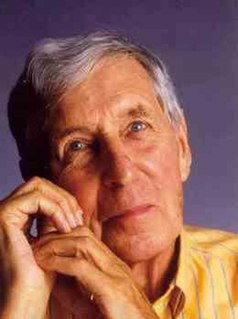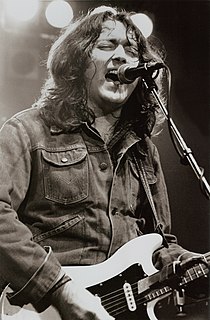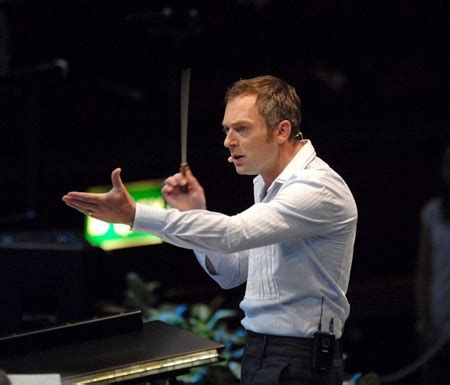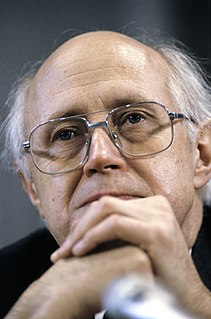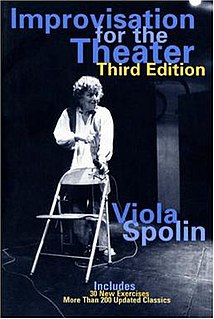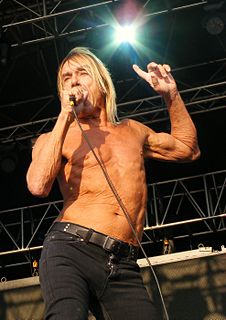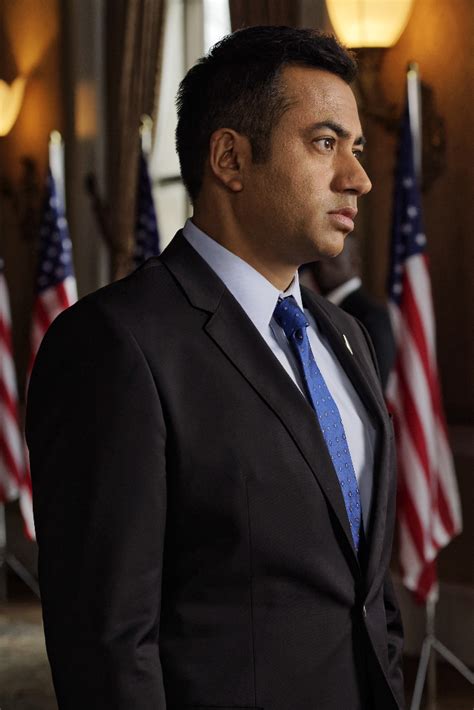A Quote by Michael Tippett
Music is a performance and needs the audience.
Quote Topics
Related Quotes
Playing live is much more natural for me. The instant reaction and the feedback from the audience is great for me. I really relish it. And if you play blues-based music, it's not really academic music or recital music. It really needs a bit of atmosphere and a bit of interplay and a bit of roughness, and you really get that with an audience.
It still amazes me how many musicians aren't really interested in engaging with their audience at all. Alfred Brendel, a pianist for whom I have the greatest respect, has described performance as a sacred communion between the artist and the composer. But what about the audience? Music is communication, a two-way street.
We played a show the other week at this festival and it was an audience that I'd never normally play in front of. That's one the greatest things about festivals: you don't always get your audience, you get people who just pop in out of curiosity. The reaction was amazing; there were people dancing, which we've never had, I guess because the message is pretty powerful and the performance is a lot more visceral than it has been previously. The audiences seem to be reacting to that really well and it's a wonderful thing, because at a performance you really bounce off your audience.
